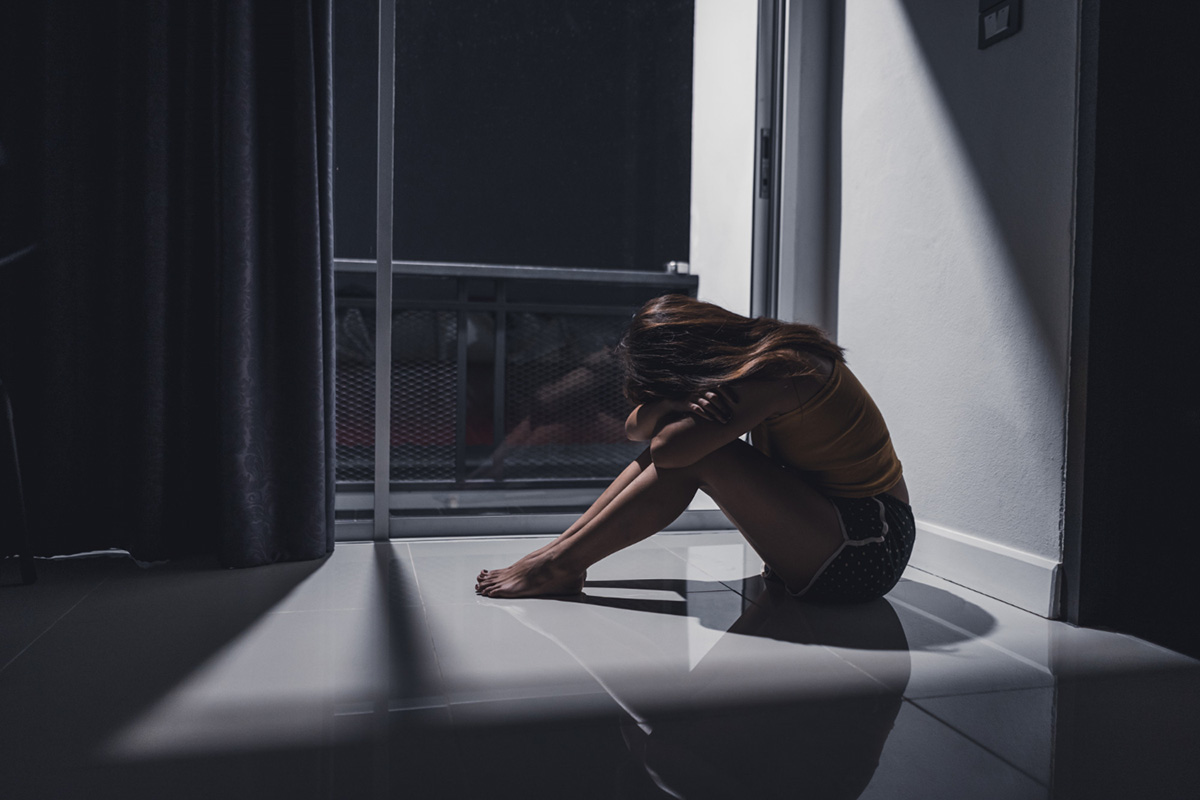The Challenges of Trauma: Why Recovery is So Hard

Trauma can take many forms and its effects on a person’s mental health can be devastating. When trauma is experienced, it changes the way our brains process information and how we relate to ourselves and others. As a result, recovery from trauma can be difficult and challenging. Here we will discuss the difficulties that come with trauma recovery and provide advice on how to cope with these challenges.
The Physical Effects of Trauma
Trauma has physical effects on the body as well as psychological effects. These include increased heart rate, difficulty sleeping, headaches, sweating, dizziness, and more. It is important to recognize that these physical symptoms are normal for someone who is experiencing trauma and should not be ignored or dismissed. In fact, pay attention to any physical signs of distress because they can often help in identifying triggers or warning signs that could lead to a traumatic episode.
The Psychological Effects of Trauma
Recovering from trauma involves dealing with the psychological effects that come with it as well. This includes anxiety, depression, fear, guilt, shame, anger and other intense emotions. Although these feelings may be overwhelming at times, it is important to remember that they are normal responses to traumatic experiences. It takes time to process these emotions and heal emotionally from trauma. It's important to give yourself space to do this without feeling ashamed or guilty about your feelings or reactions.
Coping With Challenges During Trauma Recovery
Recovery from trauma is an ongoing process that requires patience and self-care strategies for coping with difficult situations. When you experience emotional distress during recovery from trauma it’s important to find healthy ways of managing your emotions such as talking with friends or family members about what you’re going through or seeking out professional help from a therapist who specializes in treating trauma-related issues like Orlando Thrive Therapy . Additionally, taking care of yourself physically by engaging in activities such as exercise can also help improve overall mood while providing an outlet for releasing built-up stress hormones such as adrenaline and cortisol which can help reduce anxiety levels during times of distress caused by traumatic experiences.
Conclusion
Recovery from trauma requires patience and resilience over time but it doesn’t have to be done alone! If you are looking for professional support in processing traumatic events then reach out for help today – Orlando Thrive Therapy specializes in treating clients who have experienced trauma so contact us now if you need assistance along your journey towards healing emotionally from past traumas! No matter where you are in your healing journey remember that recovery from any kind of pain takes time but there are always people around who want nothing more than to support you through hard times! Don't hesitate; Contact us today!
